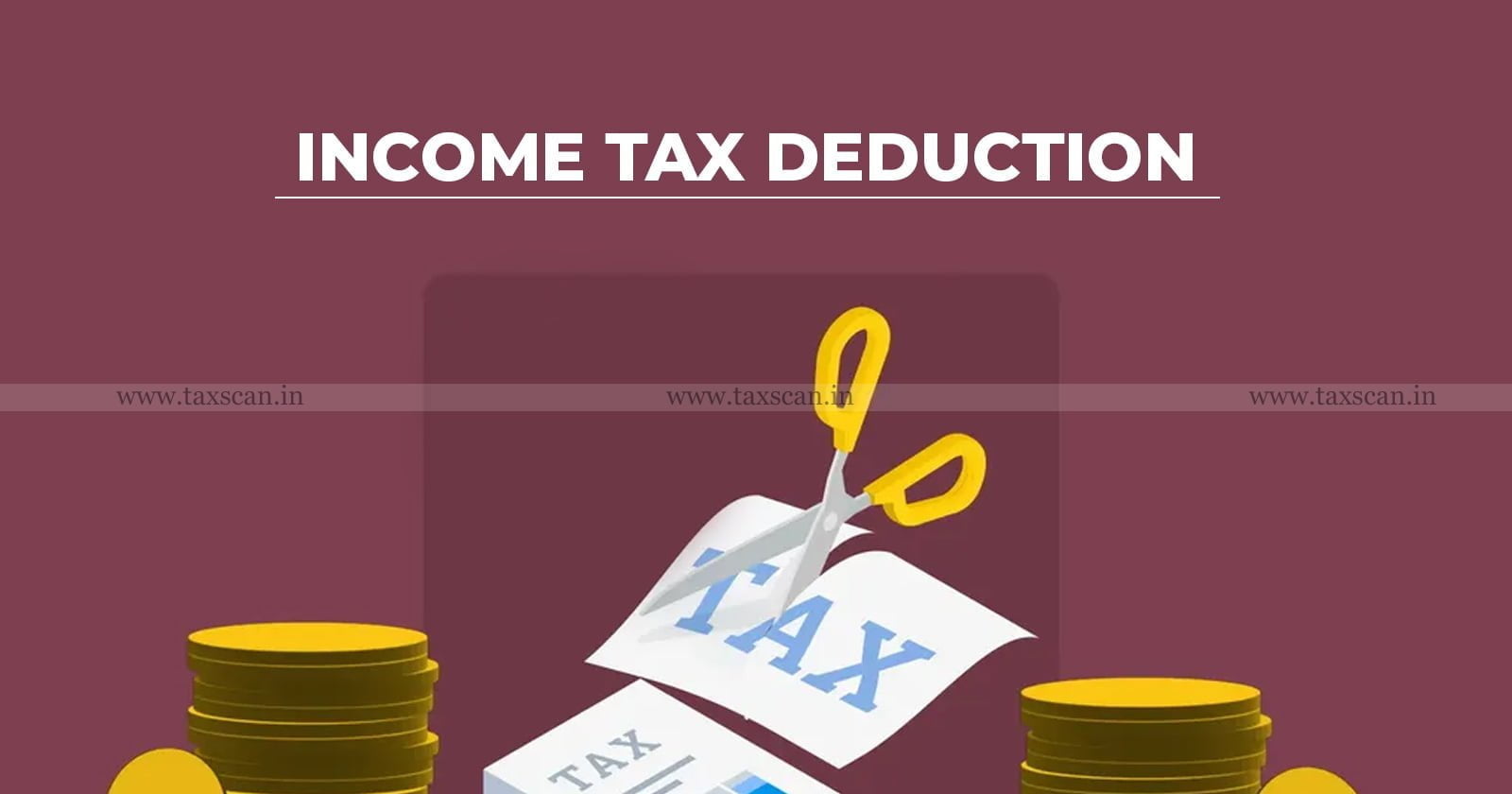Income Tax Deductions for Medical Conditions: Eligibility u/s 80DDB
Hefty Medical Expenses can be intimidating- But by making use of the right Income Tax provisions to claim tax cuts, one can effectively alleviate their financial burden

Income-tax-income-tax-act-Income-tax-deductions-Tax-deductions-Medical-conditions-TAXSACN
Income-tax-income-tax-act-Income-tax-deductions-Tax-deductions-Medical-conditions-TAXSACN
Section 80DDB of the Income Tax Act is a noteworthy provision meant to alleviate financial strain of individuals facing large medical expenses that comes with the treatment of certain conditions.
With the aim of lowering liability for the taxpayer, this section provides a mechanism to claim deductions for expenses incurred in the treatment of certain specific illnesses that are deemed “Serious Ailments”. In this article, we will learn about the tax benefits one can avail when met with such a difficult situation.
"Serious Ailments" under the Section 80DDB
The list of specified conditions that qualify for the Section 80DDB deduction is given under Rule 11D of the Income Tax Act of 1961.
To be eligible for this deduction, you must produce the prescription for the medical condition from a designated specialist.
The diseases considered “Serious Ailments” include
1. Neurological Disease where the disability is at 40% or more
- Dementia
- Motor Neuron Disease
- Ataxia
- Aphasia
- Chorea
- Parkinson's
- Dystonia Musculorum Deformans
- Hemiballismus .
- A diagnosis/prescription by a practicing, certified neurologist must be produced to avail tax deduction under this category.
1. Malignant Cancers
- An oncologist’s diagnosis/prescription must be produced to avail tax deduction under this category.
2. Full blown Acquired Immuno-deficiency syndrome ( AIDS )
- A diagnosis/prescription by a specialist with a postgraduate degree in general/ internal medicine should be produced.
2. Chronic Renal Failure
- A diagnosis/ prescription by a nephrologist must be produced.
3 . Hematological Disorders
- Hemophilia
- Thalassemia
- A diagnosis / prescription from a specialist in hematology should be produced.
Who can claim the tax deduction under Section 80DDB?
- Under Section 80DDB of the Income Tax Act, 1961, individuals and Hindu Undivided Families (HUFs) can claim deductions for medical expenses incurred for themselves or their dependents. Dependents include spouse, children, parents, and siblings.
- Corporates or any other organizations are not permitted to claim the Section 80DDB deduction.
- The assessee should have resided in India during the relevant prior year to claim the deduction under section 80DDB.
- This deduction is not available to NRIs.
- The only individual who is eligible to claim Section 80DDB is the one who has actually incurred the costs.
Documents Required
- To claim the deduction, taxpayers must obtain a prescription from a specialist doctor working in a government hospital and submit it while filing the ITR.
- The prescription should confirm the diagnosis and treatment details to prove that one is eligible for the tax deduction under this particular section.
- The prescription should include
-Patient's name and age
-Name of the ailment
-Name, address, and registration number of the specialist issuing the prescription .
- Name and address of the hospital ( If it is a government hospital)
- Qualification of the doctor
- A disability certificate issued by a prescribed medical authority is necessary in situations of neurological illnesses where the disability is at least 40%.
- Bills and Receipts of the medical expenses are to be preserved in case it is asked to be submitted to prove the costs incurred.
Limits for Tax Deduction
The maximum deduction available under Section 80DDB is Rs 40,000 or the actual amount incurred, whichever is less. This is for individuals below 60 years of age.
For senior citizens (aged 60 years and above), the limit is Rs 1,00,000 or the actual amount incurred, whichever is less.
Additional conditions for claiming deductions
The expenses must be incurred for medical treatment during the financial year for which the deduction is claimed.
The amount should be reduced by any reimbursement received from insurance or employer.
Details needed to apply for the deduction
- Name of the applicant
- Name and address of the applicant's father.
- The dependent person's name and address.
- Relationship between the dependent and the applicant
- Name of the ailment (In accordance with Rule 11DD)
- The degree of disability.
- Name, address, and any pertinent information regarding the hospital
- The treating physician's name, address, credentials, and registration number.
- Signature
Conclusion
Powering through large medical expenses while also processing the nature of your illness can be challenging both emotionally and financially. With the right information and documentation, taxpayers can significantly reduce their financial burden, which can be contributing to one's mental well-being as well.
Under Section 80DDB, individuals with serious ailments as well as their family members have the opportunity to claim tax benefits so that they can fare through the tough times with less stress. Although it is a good provision for the most part, it has its own flaws. The scope of this section is narrow as it does not consider the expenses that can be incurred when met with other life threatening, chronic conditions like stroke and diabetes. If the scope can be widened, then the section would be far more helpful to the common taxpayer.
Support our journalism by subscribing to Taxscan premium. Follow us on Telegram for quick updates


